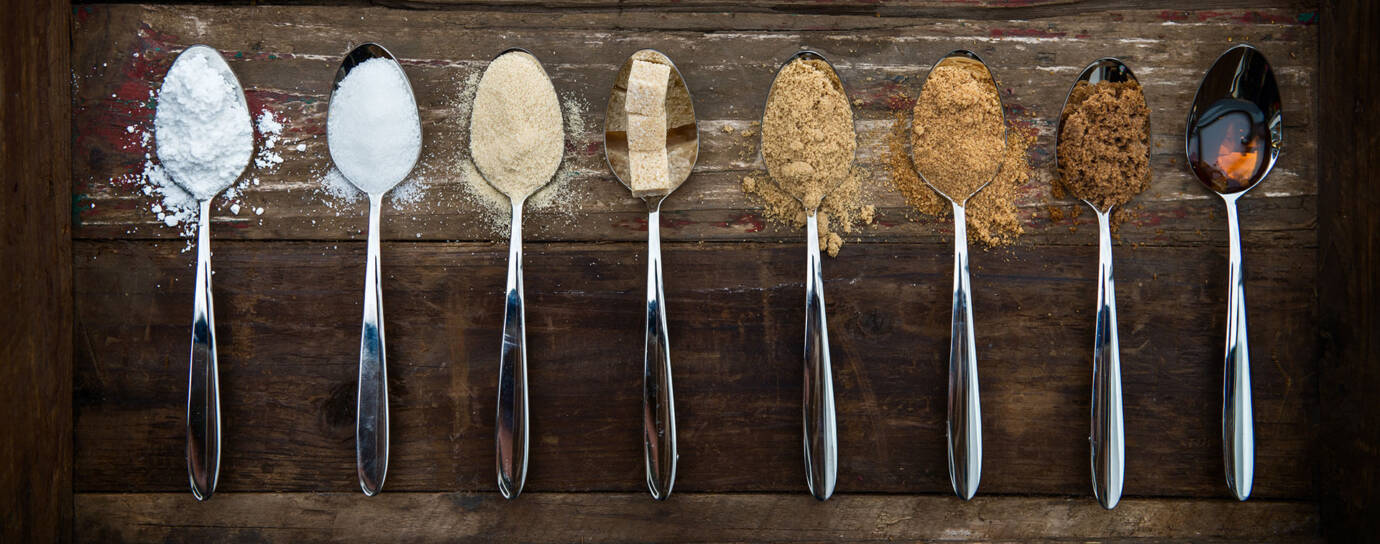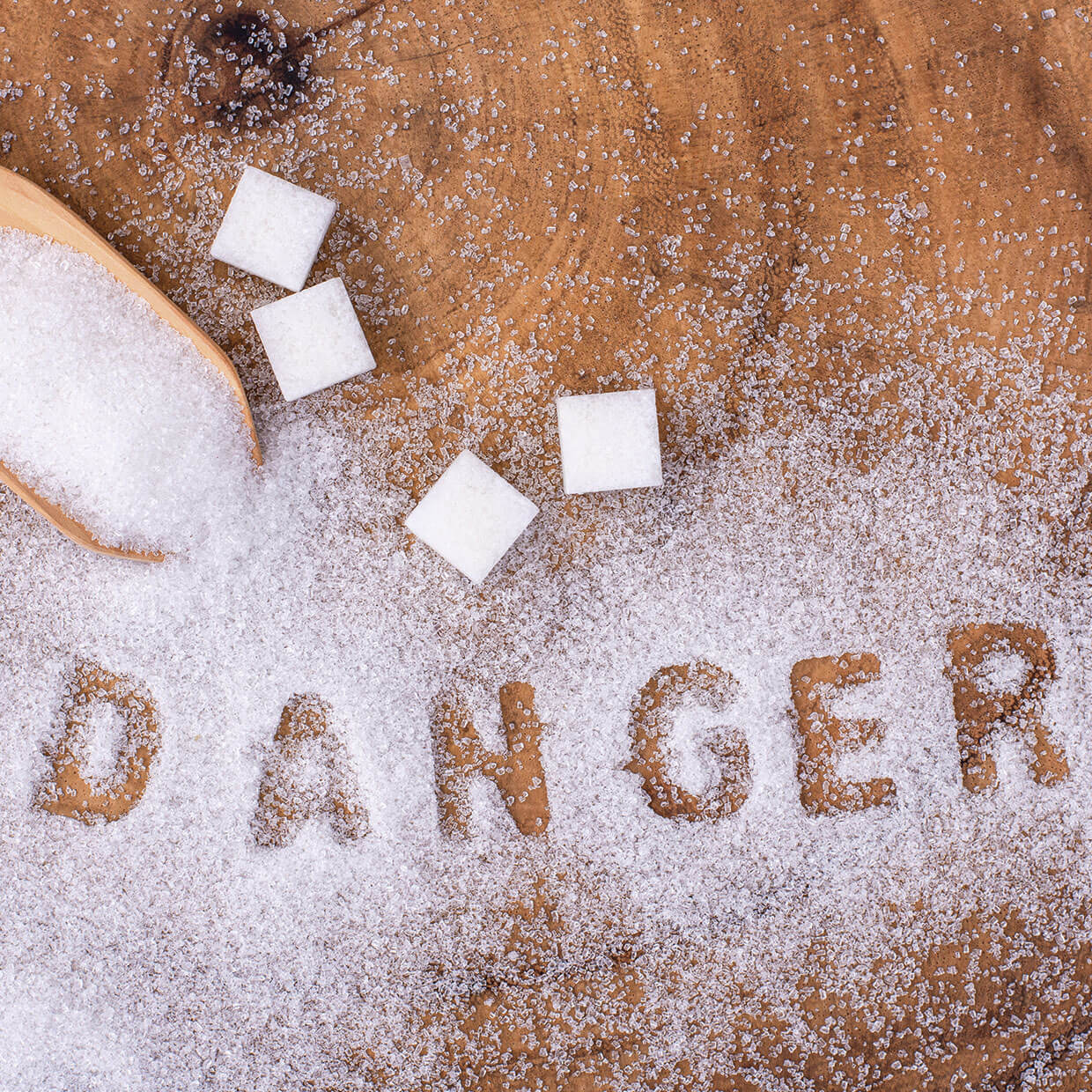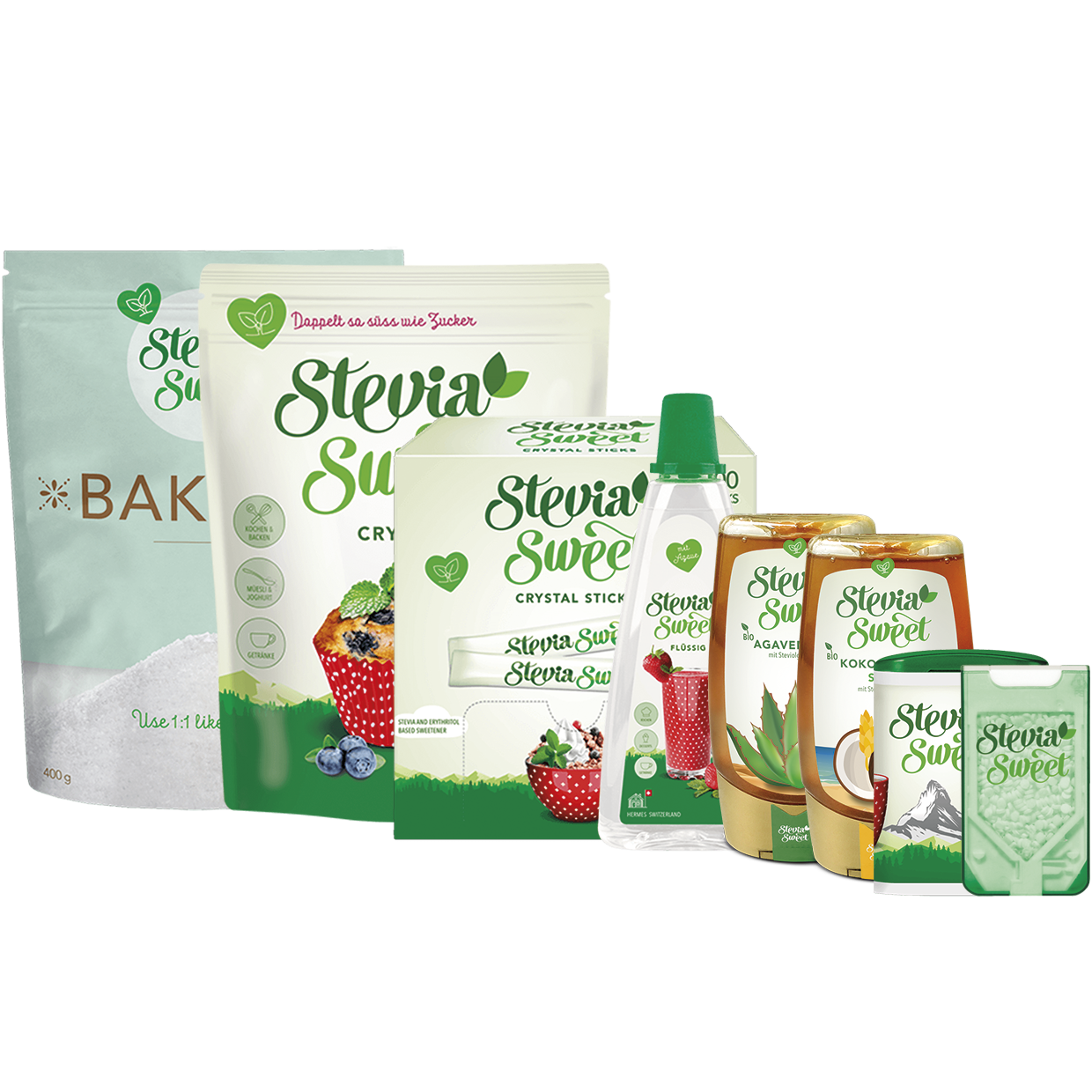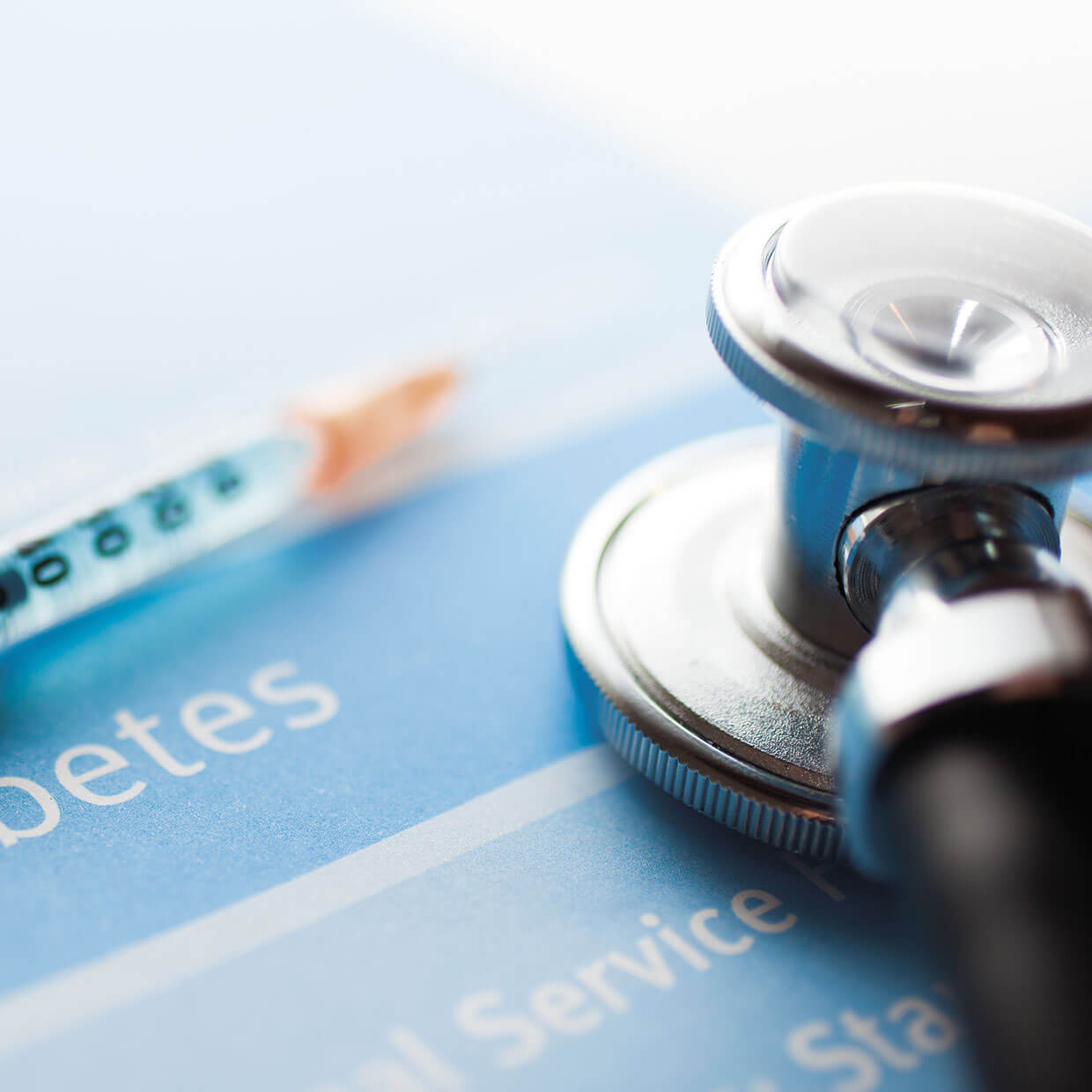Sugar alternatives
Many people view sugar as «white poison». For years, nutritionists, physicians and researchers have warned that we must significantly reduce our sugar consumption. But just how harmful is sugar really? Are there healthy alternatives? And how do we use sugar alternatives? We would like to provide you with some answers to these questions.

How unhealthy is sugar?
Commonly used household sugar (sucrose) consists of glucose and fructose. It is not only used in its granular form to sweeten tea, coffee and cakes, but it is also found in countless foods, including those you would not suspect, such as crispbread. Consuming large amounts of sugar over an extended period of time can result in illnesses.
Unlike protein, fats and complex carbohydrates from wholegrain products or vegetables, it is the glucose in household sugar that quickly drives blood sugar levels through the roof. The glucose consumed with our food and beverages corresponds to blood sugar – both are monosaccharides (simple sugars). It must not, as is the case with lactose, which is a disaccharide, first be split; rather, it makes its way directly into the blood stream. In doing so, it causes the pancreas to suddenly produce insulin. If we allow this mix of high blood sugar levels and too much insulin to occur time and again, the result can include a whole range of negative consequences: along with obesity, high blood pressure and high cholesterol levels can occur.
Diabetes, impaired vision, skin and bowel diseases and coronary heart diseases are just some of the illnesses frequently associated with the excessive consumption of sugar. This is why the World Health Organization (WHO) recommends a significant reduction of sugar consumption.
- The WHO recommends approx. 25 grams (≙ 6 teaspoons) per day. [2]
- However, the per-capita consumption of sugar in Germany runs between 90 to 100 grams (≙ 22 to 24 teaspoons) per day.[1]
Indeed, studies on the topic of sugar consumption are not new by any means. In 1972, the pioneering book «Pure, White and Deadly» by Dr John Yudkin was published in which he describes the consequences of excessive sugar consumption. At the time of publication, Dr John Yudkin was decades ahead of his colleagues in terms of scientific findings on the subject.


What sugar substitute products are there?
The number of alternative sweeteners has increased significantly over the past years and they are divided into artificial and plant-based sugar substitutes. For example, aspartame is an artificial sugar substitute. Stevia, on the other hand, along with coconut blossom sugar, is a plant-based sugar substitute. Whether syrup, powders or tablets – the respective products are available in various forms, which make it easier to dose the sweetener.
Our SteviaSweet contains sweetener derived from the stevia plant, and we also offer this product in various different dosage forms. Tablets are a very practical form for sweetening tea or coffee, while as a liquid, it is ideal for sweetening your desserts, such as creams or ice creams. SteviaSweet coconut blossom syrup and SteviaSweet agave syrup is used in the same way as regular syrups, for example in your muesli. SteviaSweet Crystal is an all-rounder, and is suitable for any type of dessert, as well as for drinks. And last but not least the SteviaSweet Baking is your perfect partner for baking!
Do sugar alternatives contain calories?
Regardless whether synthetic sweeteners or natural products: When it comes to calories, there are considerable differences between the individual types of sugar alternatives, even with small amounts. In fact, maintaining an overview is often difficult. We have therefore compared the best-known products for you. Here is a baseline for your comparisons: household sugar has 387 kcal per 100 g.
| Sugar substitute | Calories per 100 g | Sweetening effect |
| Coconut blossom sugar | 388 kcal | 0.8 |
| Palm sugar | 400 kcal | 0.7 |
| Maple syrup | 265 kcal | 0.7 |
| Rice syrup | 315 kcal | 0.7 |
| Honey | 306 kcal | 0.8 |
| Agave syrup | 304 kcal | 1.4 |
| Dates | 282 kcal | 0.8 |
| Stevia | 0 kcal | 200 |
| Aspartame | 400 kcal | 200 |
| Xylitol / Birch syrup | 240 kcal | 0.8 |
| Erythritol | 20 kcal | 0.7 |
| Maltit | 210 kcal | 0.75 |
Sugar substitutes for diabetics
People suffering from diabetes mellitus, more commonly known as diabetes, have to pay particular attention to balanced nutrition. And sugar plays an important role: because sugar has a significant impact on blood sugar and insulin levels, it is the sugar alternatives that can help in making everyday life healthier. SteviaSweet products mean that diabetics do not have to miss out on sweet taste.

Baking with sugar substitutes
A birthday cake, muffins for the office or cake for the garden party: baking is something for everyone, everywhere and at any time. However, most recipes include the use of household sugar (white or brown sugar), which acts somewhat differently to sweeteners. To ensure that you can bake without any problems when using sugar substitutes, we have developed specially formulated recipes using the natural alternative, SteviaSweet Baking.
The versatile sweetener, SteviaSweet Baking, is composed of erythritol and stevia (or steviol glycosides), and, unlike sugar and other sugar substitutes, is -70 % of the calories. This means that you can use this healthy sugar substitute to reduce your calorie intake completely naturally. But baking with stevia means more than just fewer calories: stevia is also gentle on your teeth and suitable for use by diabetics.
Our collection of recipes includes more than 200 recipes using stevia – try them to find your favourites. We have also compiled a few tips to assist you. Have fun indulging!
Sources:
[1] Cf. Federal Statistical Office (Destatis) (2018): “Chapter 6: Income, Consumption, Living Conditions (Einkommen, Konsum, Lebensbedingungen)”, Statistical Yearbook, p. 187, retrieved 4 October 2019.
[2] Cf. World Health Organization (2015): “Guideline: Sugars intake for adults and children”, retrieved 2 October 2019.